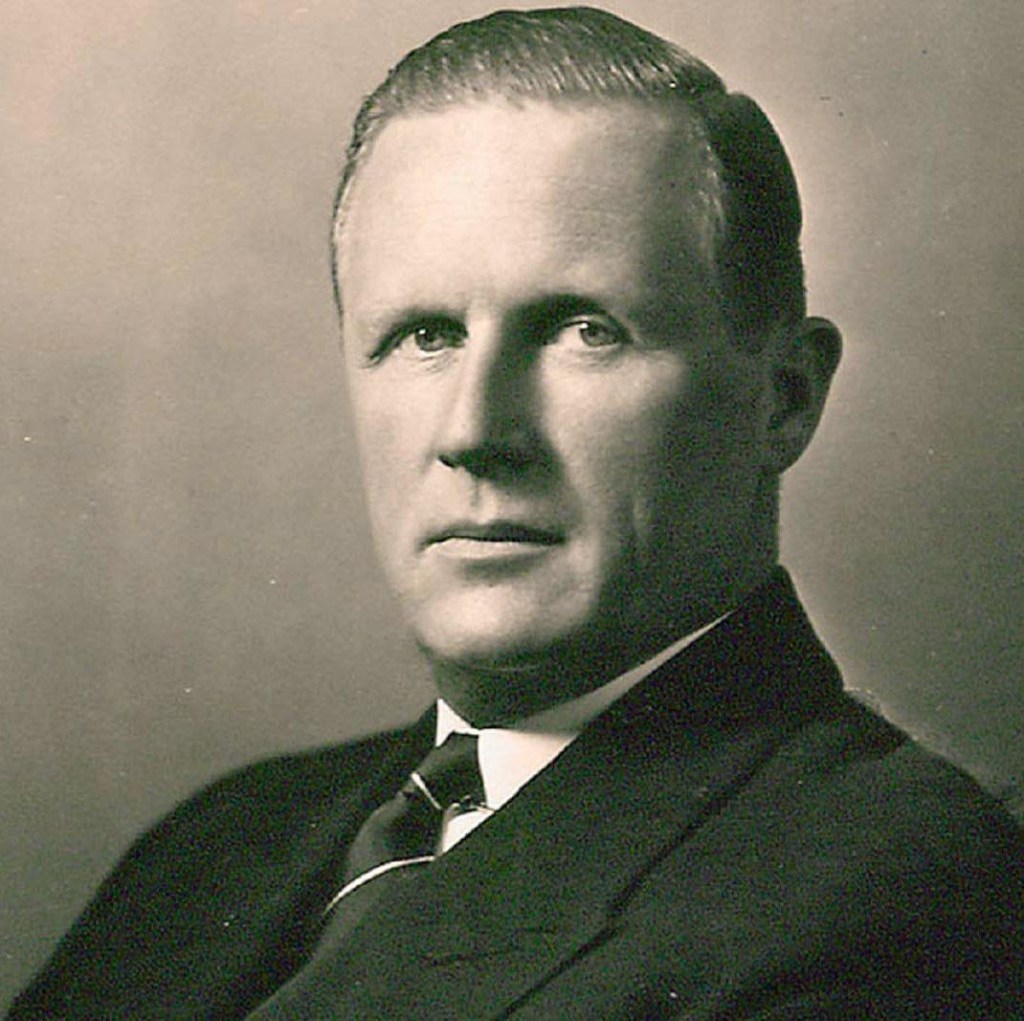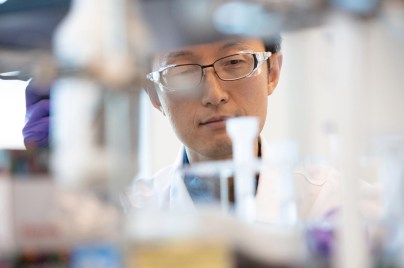4 historical designations highlight groundbreaking scientific achievements
The American Chemical Society Landmark program recognizes important contributions to modern life through chemical sciences
March 2, 2023
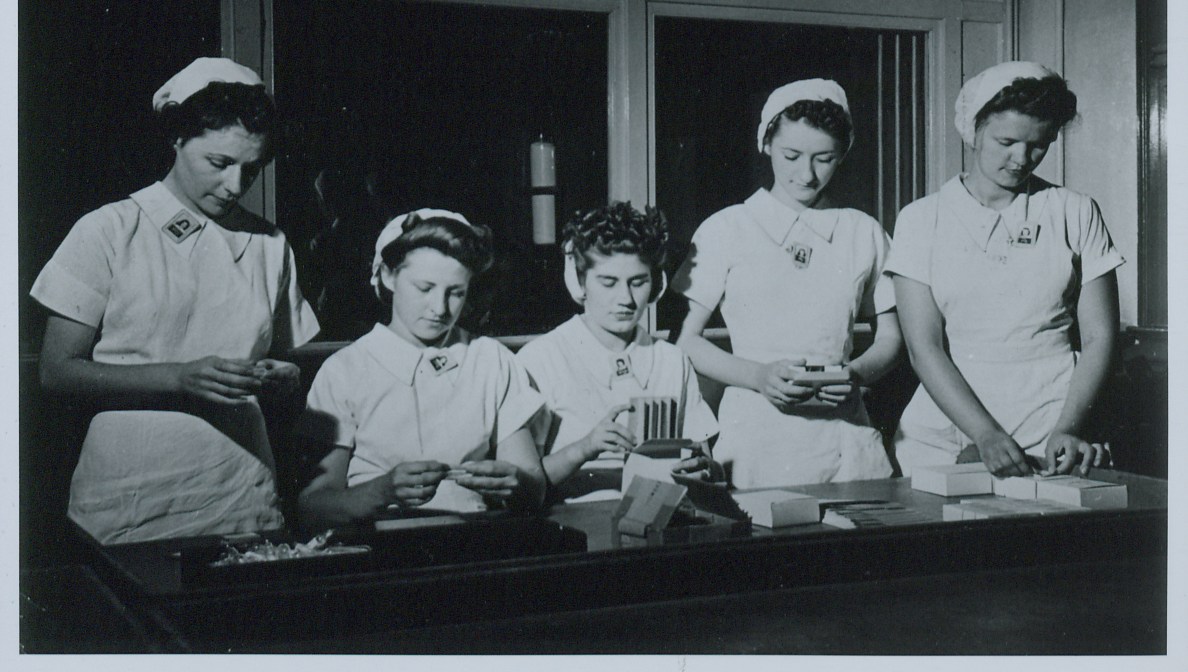
Scientific achievements can significantly alter the course of history — for individuals, families and communities as well as for future scientific developments. We’re proud to have been recognized for our own contributions to science by the American Chemical Society (ACS), which has granted Merck four National Historic Chemical Landmarks (NHCL) designations since 1999.
This ACS program recognizes seminal achievements in the history of the chemical sciences and provides a record of the contributions to chemistry and society in the U.S. Our Rahway, New Jersey, site has been recognized three times. Our West Point, Pennsylvania, site has been recognized once for our important work there.
Learn more about these groundbreaking landmark achievements:
01.
Discovery and development of medicines for the treatment of HIV
In the early 1980s, as AIDS began to be perceived as a potential epidemic, scientists at Merck embarked on an urgent mission to understand the virus. They were among the first to discover and develop medicines for the treatment of HIV. Our company’s work in this space ultimately led to the development of a treatment that was important in helping to make HIV a survivable infection.
ACS honored the discovery of this life-saving treatment with the NHCL designation in 2022 at our site in West Point, Pennsylvania.
Learn more about our commitment to HIV treatments and prevention through the years.
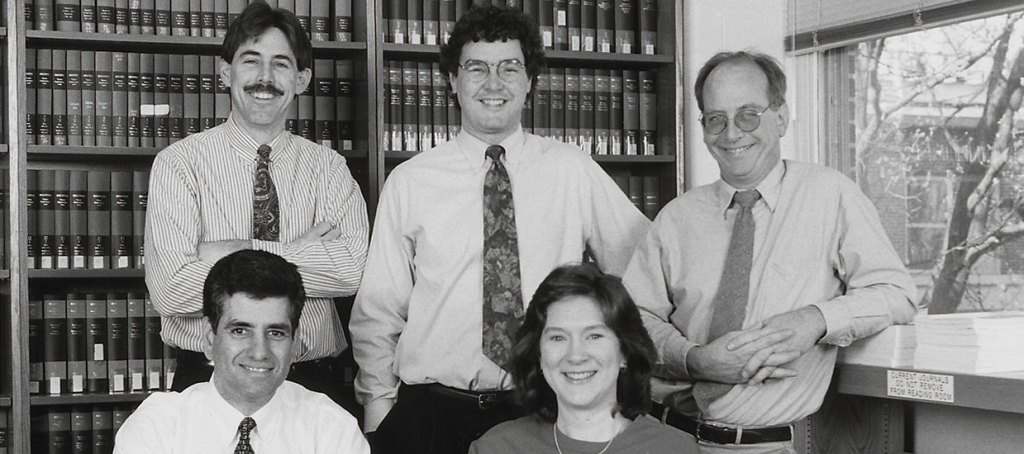
02.
Development of a treatment against a debilitating infectious disease transmitted by parasites
Transmitted through the bite of black flies — which live and breed near fast-flowing streams and rivers — river blindness (onchocerciasis) is one of the leading causes of preventable blindness worldwide. In 1978, Dr. William Campbell of Merck Research Laboratories suggested the use of Mectizan (ivermectin) against river blindness in humans. In the early 1980s, Dr. Mohammed Aziz collaborated with WHO to successfully design and implement field studies in West Africa on the disease.
In 1987, Merck CEO Dr. Roy Vagelos announced our company’s commitment to donate Mectizan to treat river blindness — as much as needed, for as long as needed — and the Mectizan Donation Program was formed. Through the MDP, the work of Dr. Campbell and other Merck scientists continues to touch more than 300 million lives each year. In 2015, Dr. Campbell shared the Nobel Prize in Physiology or Medicine for his role in developing ivermectin.
ACS honored the discovery of ivermectin with the NHCL designation in 2016 at our site in Rahway, New Jersey.
Learn more about 35 Years: The Mectizan® Donation Program.

03.
Addressing vitamin deficiencies through the synthesis and mass production of vitamin B
In the 1930s and 1940s, Merck scientists reported a series of advances in the study of the vitamin B complex, a group of nutrients that is essential to cell functioning. Availability of these vitamins resulted in dietary supplements and vitamin-enriched foods that encouraged healthy growth and development, as well as treatments for diseases caused by nutritional deficiencies.
These achievements were outstanding examples of the rapid advances occurring in the fields of biochemistry and organic chemistry during this era and led to notable improvements in human and animal health and nutrition.
ACS honored our research on the vitamin B complex with the NHCL designation in 2016 at our site in Rahway, New Jersey.
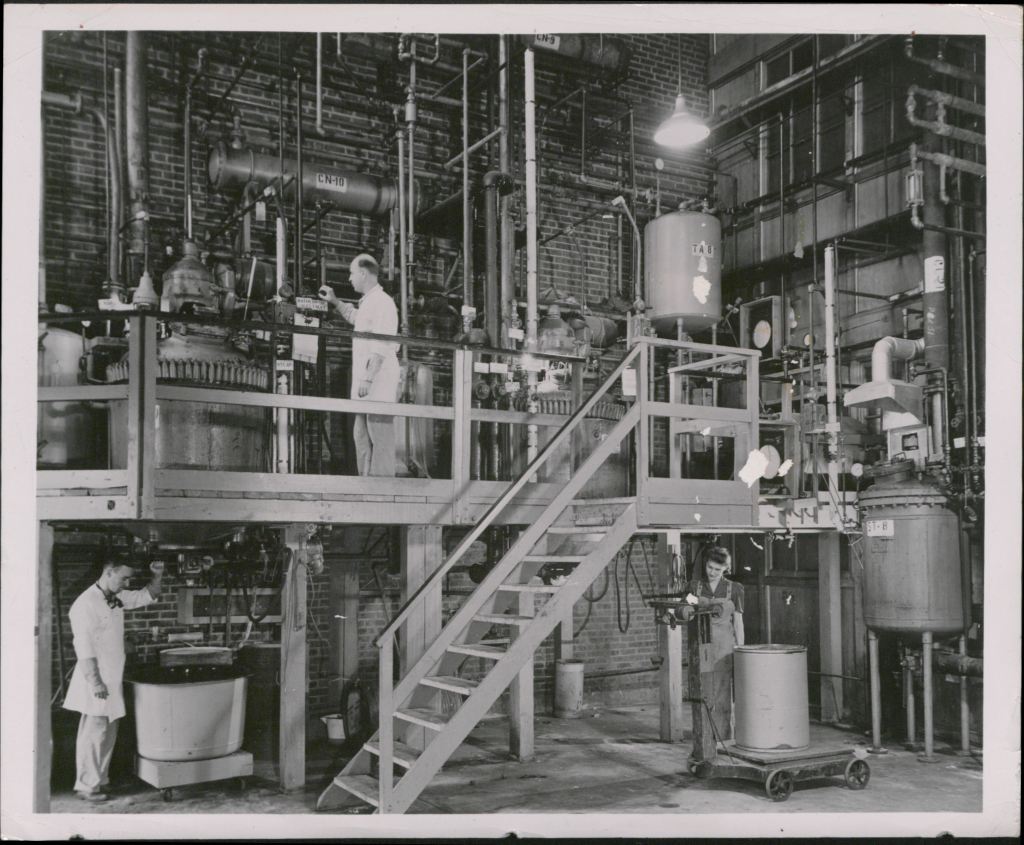
04.
Producing large-scale quantities of penicillin, a much-needed antibiotic during WWII
Alexander Fleming discovered penicillin in 1928, but it was very difficult to produce in large quantities. With the outbreak of World War II, the need for life-saving penicillin skyrocketed, and the mass production problem had to be solved quickly. At the request of the U.S. government, Merck and other pharmaceutical companies expanded research in the hopes of producing adequate supplies of this vital antibiotic. In cooperation with competitors, our research team helped develop a submerged fermentation process that sped production of penicillin for both the war effort and civilian use.
ACS honored the discovery of this life-saving treatment with the NHCL designation in 1999 at our site in Rahway, New Jersey.
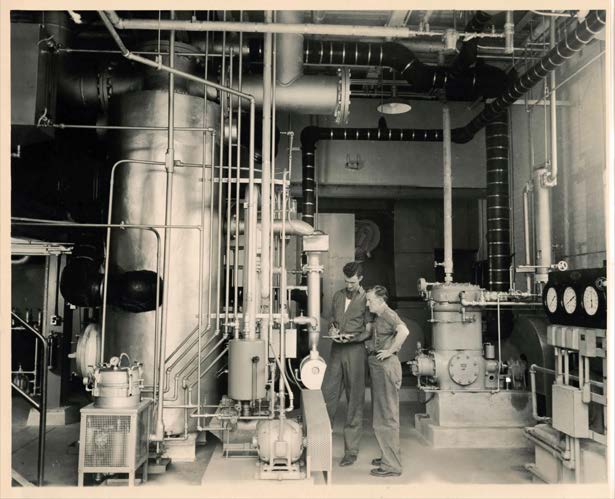
Our history
For over 130 years, we’ve been guided by the view that great medicines and vaccines change the world.
“We try never to forget that medicine is for the people. It is not for the profits.”
- George Merck
